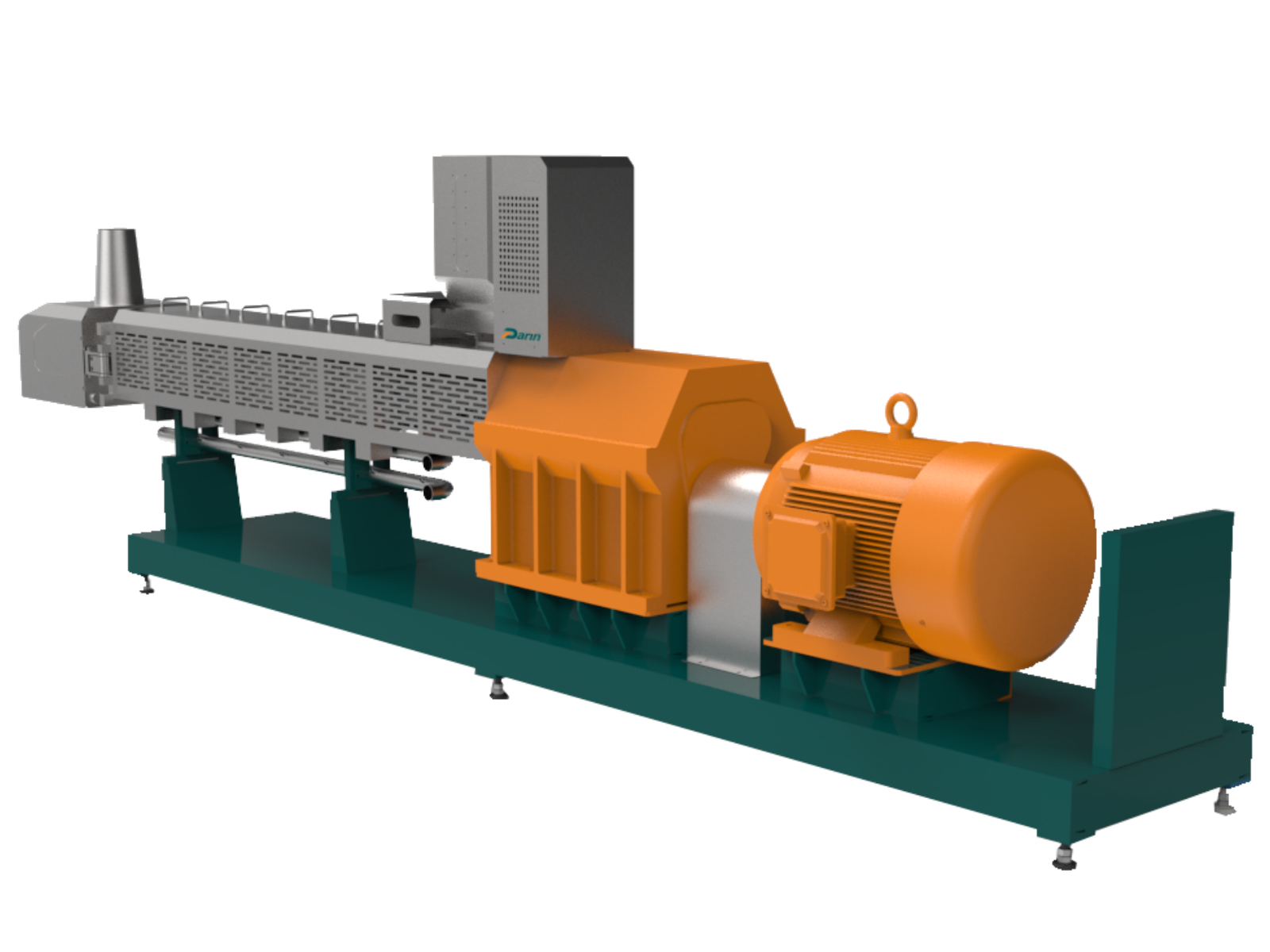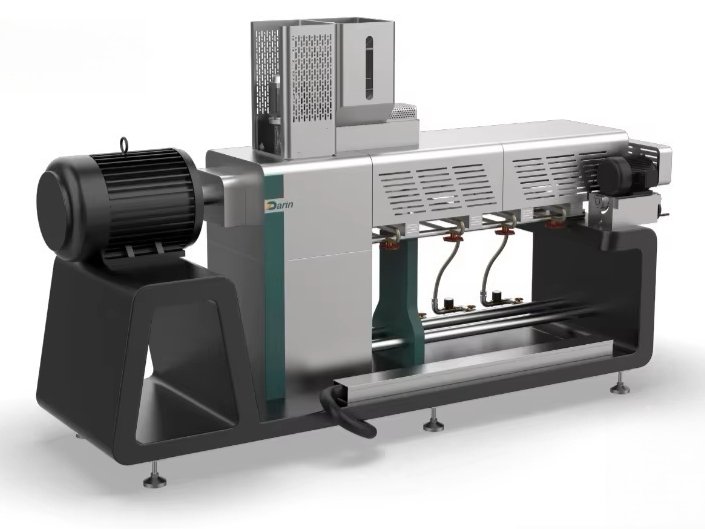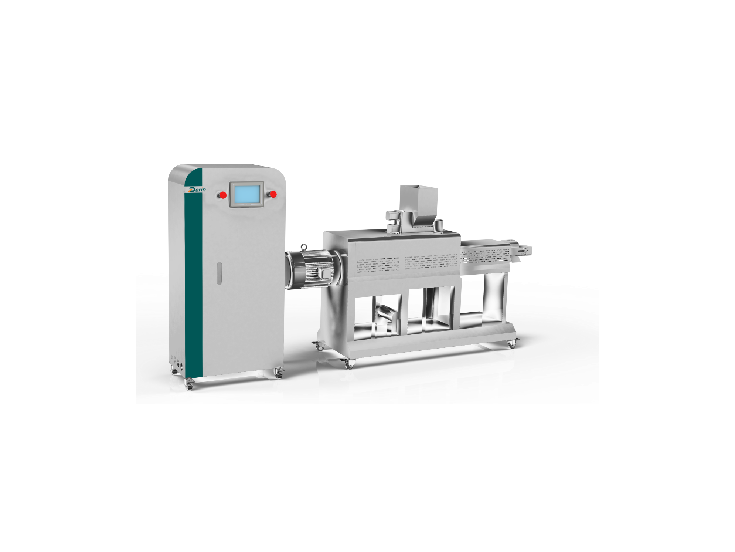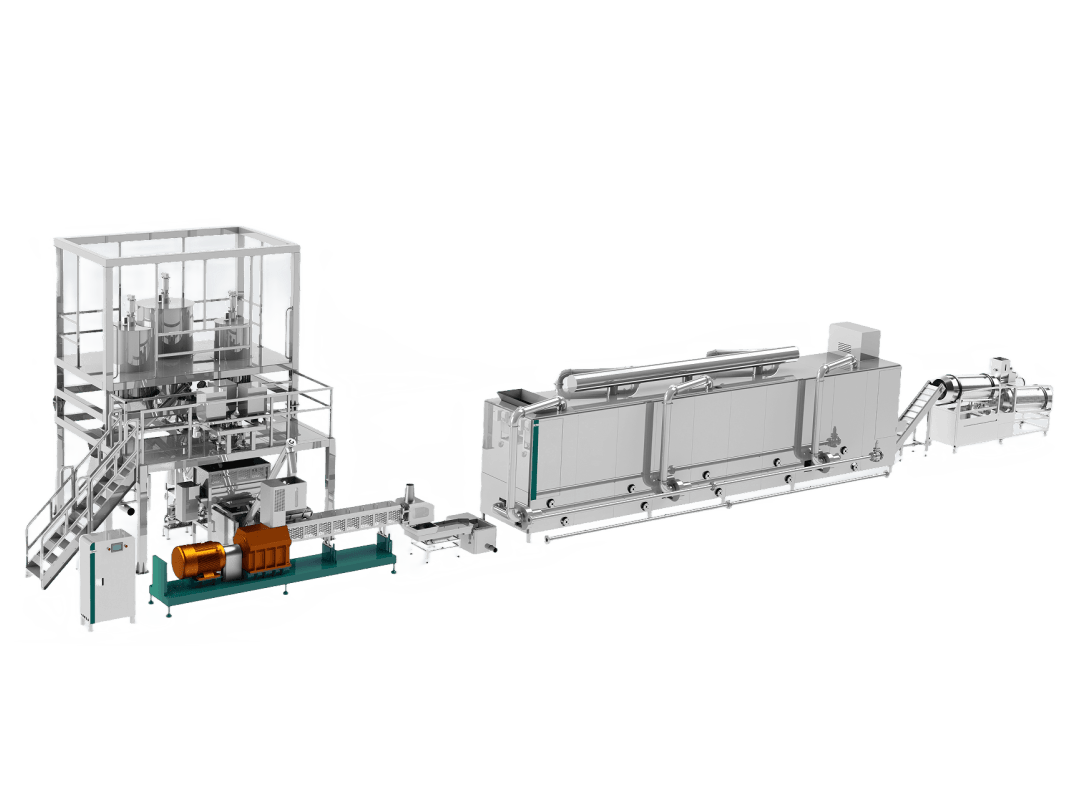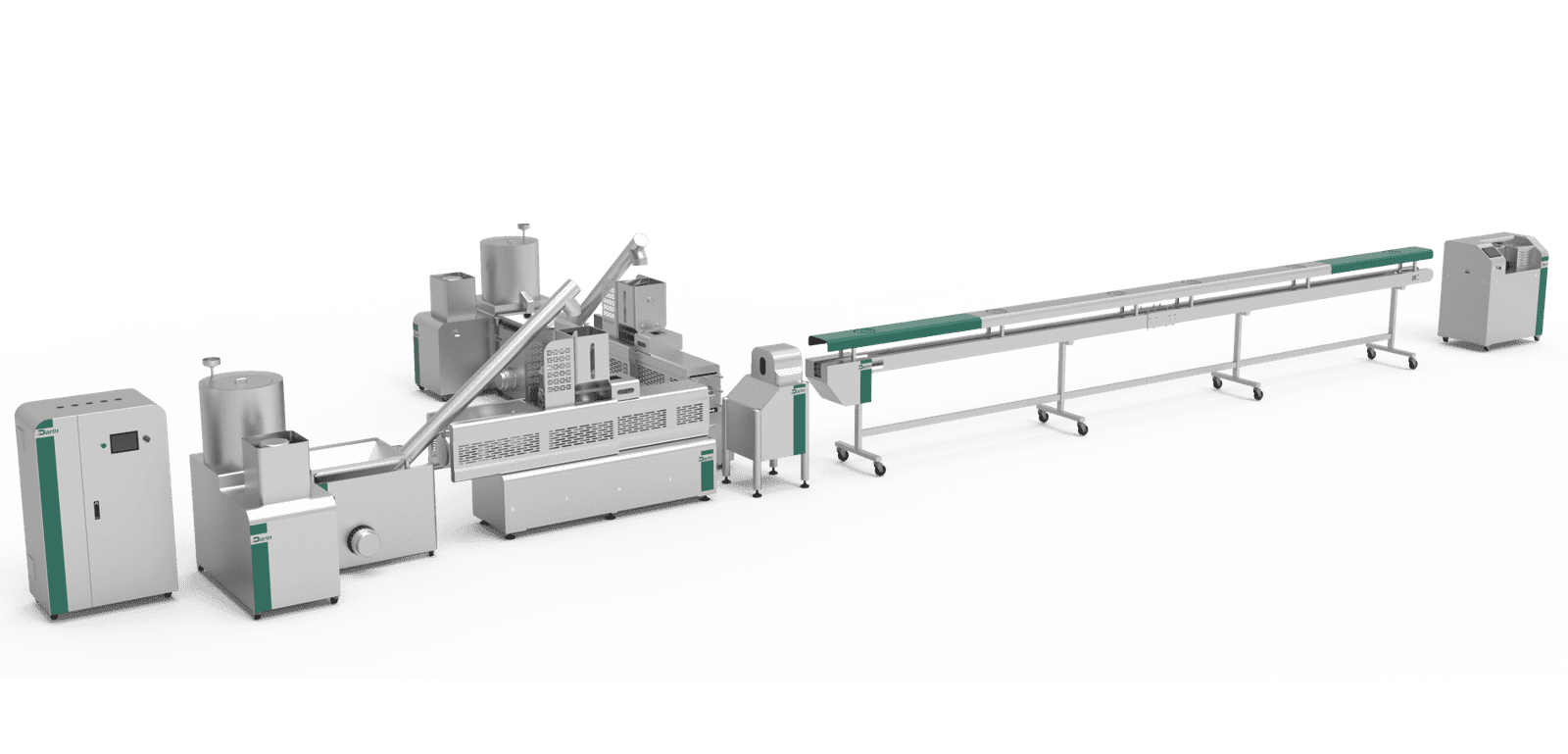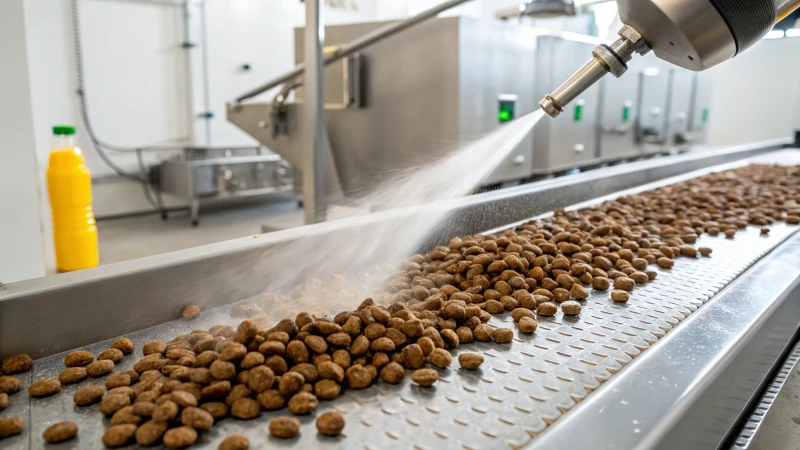
Understanding Pet Food Extrusion: How Does It Work?
Pet food manufacturing is a complex process where nutrition, palatability, and safety must be balanced. A key method used is extrusion. But what happens if pet food isn't properly processed? Poorly extruded kibble can lead to nutrient degradation, inconsistent texture, and reduced digestibility—ultimately affecting your pet’s health. The solution? A well-optimized extrusion process ensures balanced, nutritious, and palatable pet food.
What Is Extrusion in Pet Food?
Extrusion in pet food is a high-temperature, high-pressure cooking process where ingredients are mixed, cooked, and shaped into kibble using an extruder. This method enhances digestibility, improves shelf life, and ensures consistent quality.
Want to know how this process impacts pet food nutrition and quality? Let’s dive deeper.
How Does Pet Food Extrusion Work?
Pet food extrusion follows a systematic process to create dry kibble with optimal texture, taste, and nutritional content.
The Pet Food Extrusion Process
The extrusion process includes multiple stages:
| Step | Description |
|---|---|
| 1. Ingredient Mixing | Dry and wet ingredients (proteins, grains, fats, vitamins) are blended into a uniform mixture. |
| 2. Pre-conditioning | Steam and water are added to soften ingredients before extrusion. |
| 3. Cooking & Extrusion | The mixture is pushed through an extruder, where heat and pressure cook it. A die shapes the kibble. |
| 4. Drying & Cooling | Kibble is dried to remove moisture and prevent microbial growth. |
| 5. Coating & Packaging | Fats, palatants, and vitamins are added for taste and nutrition before packaging. |
Extrusion improves the digestibility of pet food.True
The high-temperature cooking process breaks down starches and proteins, making them easier for pets to digest.
Why Is Extrusion Used in Pet Food?
Pet food extrusion offers several advantages:
- Improves Nutrient Absorption – Cooking enhances digestibility.
- Extends Shelf Life – Reduces moisture, preventing bacterial growth.
- Enhances Palatability – Coatings and flavors make kibble more appealing.
- Allows for Variety – Can process different shapes, sizes, and recipes.
However, overheating during extrusion may degrade some vitamins. Manufacturers optimize parameters to preserve nutrients.
Extrusion can destroy all essential nutrients in pet food.False
While some heat-sensitive nutrients may degrade, manufacturers compensate by adding fortified vitamins and minerals.
Is Extruded Pet Food Healthy?
Yes, when properly formulated, extruded pet food is nutritionally balanced. Some pet owners opt for alternatives like cold-pressed or air-dried food, but extrusion remains the most efficient method for mass production of safe, digestible kibble.
Key Considerations for Quality Extruded Pet Food:
- Choose brands with high-quality ingredients and low fillers.
- Check for added essential fatty acids and heat-sensitive vitamins post-extrusion.
- Look for AAFCO-compliant formulations ensuring balanced nutrition.
Conclusion
Extrusion plays a crucial role in pet food production, ensuring kibble is digestible, safe, and palatable. When executed properly, it enhances nutrient bioavailability and extends shelf life. Understanding this process helps pet owners make informed decisions when choosing quality pet food.
Looking for Reliable Pet Food Manufacturing Solutions?
We specialize in high-quality pet food extrusion technology and formulation. Contact us today to optimize your pet food production process!


